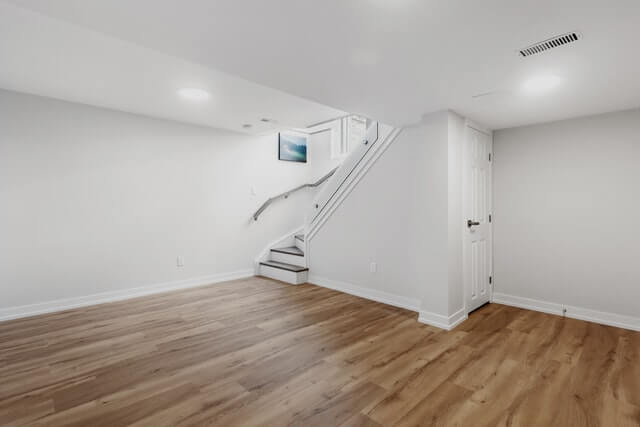For someone to own a piece of real estate, they have to have the money to purchase it. Some are fortunate enough to have a sizeable income to go out and buy a house, but some are not. One option for those who want to own a property is taking out a loan or a home mortgage.
A home mortgage is a loan granted by banks or other financial companies for someone to acquire a home. Since it is a loan, you would expect it to have an interest. The borrower would have to pay off the loan and interest gradually but will own the property eventually. The maximum amortization period in Canada is 25 years.

Some property owners may rent out the real estate to pay the debt, earn extra money, or help pay the bills. Whichever it may be, they have to make sure they are allowed to have someone else occupy the house.
Having the right mortgage
When a person files for a loan to buy a real estate property, the lender would have to know its purpose. The financer would approve based on the premise that the borrower will live in that home. Once the debtor uses it for a rental business, it may cause issues with the lender.
Owner-occupied
Lenders would consider the best type of rental is when the property owner still occupies the property and only rents out part of it. For example, the homeowner accepts tenants to reside in their basement or an extra room. With that, the property will remain owner-occupied.

Non-owner occupied
Some homeowners may opt to have the whole property rented by tenants. The owner will become a landlord, and the house will become a non-owner-occupied property. The mortgage lender will demand the home buyer take out a commercial mortgage instead.
A commercial mortgage is for income-generating properties. It will cost more money because the lender will require a downpayment of 20 percent of the rental costs. Other people may not afford the expenses for this one.
Know the rules
Property owners will probably consider taking in tenants if they see a vacant space with the potential to generate an income. After all, it’s a small area, and it will help pay the mortgage and bills. Although renting out a property may have its advantages, it might become an issue for the lending company.
Homeowners in Canada who wish to offer an extra room for renters should know the consequences of renting. They should learn the rules of their mortgage before signing a binding contract.
Telling your mortgage lender
Should the homeowner inform their lender? It depends. They may not become aware that they are breaking the terms of their contract. Some lenders will require the property to be owner-occupied. Property owners should check in with their bank before deciding to have their homes, or part of their homes, rented.
Homebuyers should never lie to their loan company. Not telling them is still considered lying, and it has repercussions. They can cancel the mortgage or refuse to grant a new one.

As a leasing agent, you have to make sure that your client is allowed to take in tenants in their homes. You have to know the rules about these things to know what is legal and not. A good leasing agent does not tolerate landlords who break the rules.
But once everything clears out on the mortgage, you can confidently advertise the vacancy. To do that, you can use Padleads to post your property listings online. You can also syndicate them all over the internet for people to see.